If philosophy is but life brought to the focus of self-consciousness, then, assuredly, Vedanta, as Max Muller puts it, â€is clearly the native philosophy of Indiaâ€. The ideas of Vedanta permeate and enliven the cultural atmosphere in a way in which those of other indigenous systems of thought do not. Indeed, it is true that every Hindu is suckled at the breast of the Vedantic ethos. The literal rendering of the term “Vedanta†has an obvious reference to the body of doctrines set forth in the concluding sections of the Vedas, otherwise known as the Upanisads. The Vedanta, as the tradition would have it, refers primarily to the Upanisads, the Bhagavadgita, and the Brahmasutras constituting in point of their authoritativeness what may be called the ‘canon’ of the Vedanta. It is this accredited trio that has acquired the designation of the ‘three institutes of the Vedanta’ – the Upanisads marking the institute of revealed knowledge, the Bhagvadgita, that of the traditional knowledge and the Brahmasutras that of the philophical knowledge. Badarayana was the first to attempt to set forth the unanimous teachings of the various Upanisads. His Sutras being brief were liable to different interpretations. Various commentaries thus came to be written to elaborate the doctrines of the Vedanta. Thus we have the scholls of great philosophers like Sankara, Ramanuja, Madhava, Vallabha, Nibaraka and many others. Each school of the Vedanta consists not simply of the philosophers who theoretically accept its views but also of large number of followers who try to mould their lives accordingly. It is in this way that the Vedanta in its difference forms still persists in the lives of millions. After the chief commentaries, the literature of the Vedanta developed through the innumerable sub-commentaries, glosses and independent treatises written by leading intellectuals. This pioneering reference work attempts at harmonizing the understanding of the Vedanta philosophy by bringing together for the first time ever the best representative writings on the subject by some of the leading and foremost Indologists.
Encyclopaedia of Vedanta Philosophy (In 5 Volumes)
In stock
Free & Quick Delivery Worldwide
reviews
Bibliographic information
Title
Encyclopaedia of Vedanta Philosophy (In 5 Volumes)
Author
Edition
1st ed.
Publisher
ISBN
8177552929
Length
xii+305p., xiii+306-616p., xiii+617-914p., xii+915-1230p., xii+1231-1526p., 23 cm
Subjects

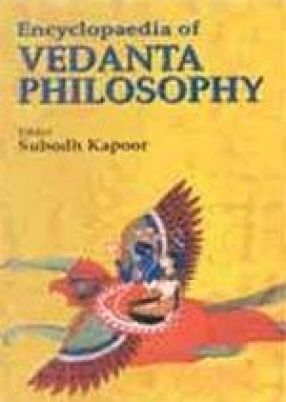
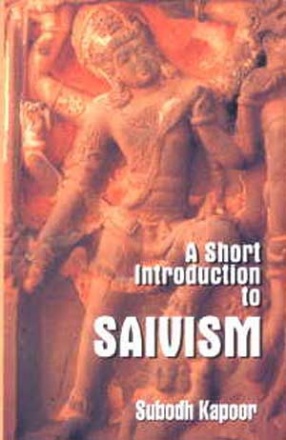
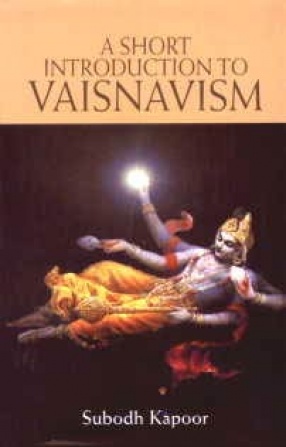
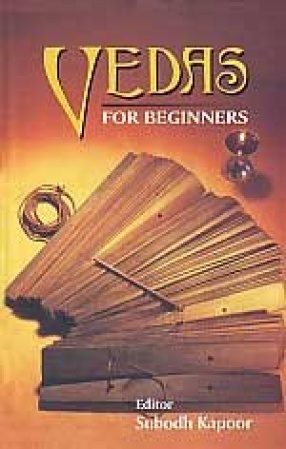

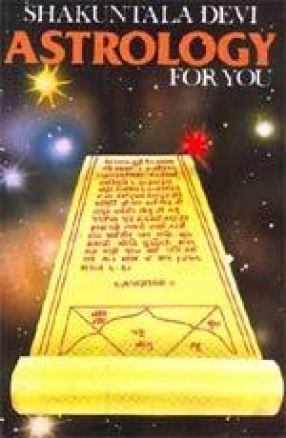
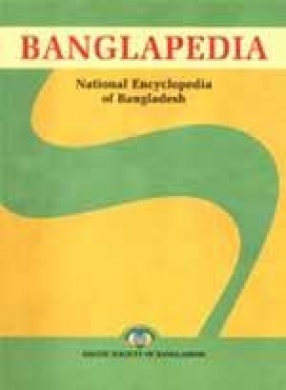
There are no reviews yet.